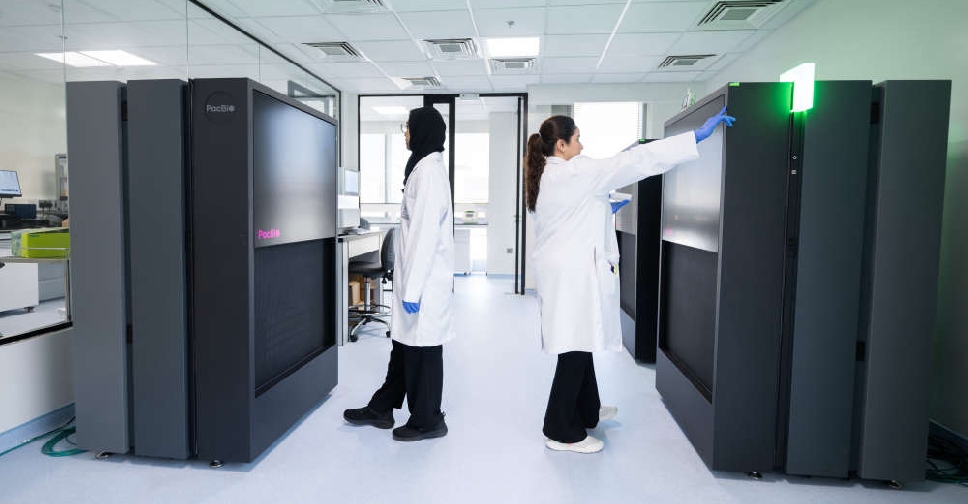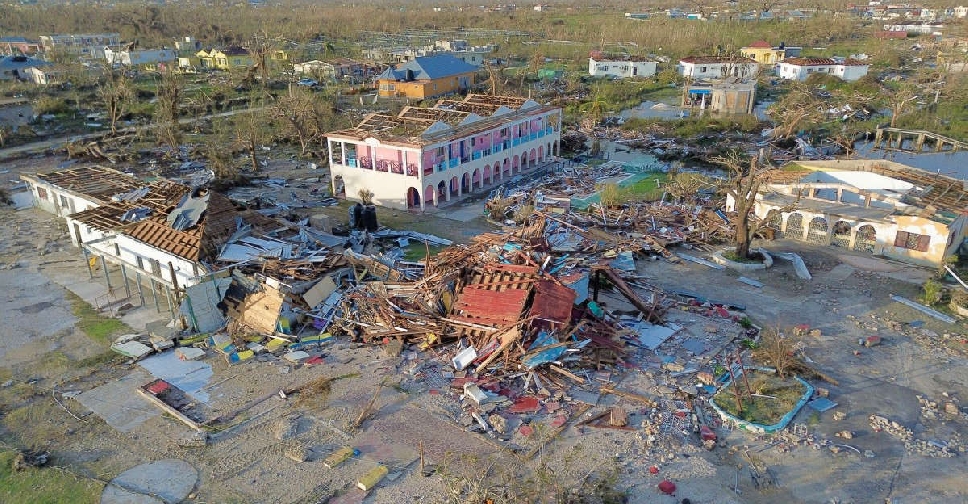
In a groundbreaking development for healthcare and genetic research, scientists at Dubai’s Mohammed Bin Rashid University of Medicine and Health Sciences (MBRU) have published the first-ever Arab Pangenome Reference—a major leap forward in precision medicine for the region.
The research, featured in the prestigious journal Nature Communications, provides a vital foundation for personalised healthcare tailored to Arab populations.
Using advanced DNA sequencing from 53 individuals of diverse Arab heritage living in the UAE, researchers identified over 110 million new DNA base pairs, nearly nine million small genetic differences, and more than 235,000 larger structural variations unique to Arabs—many of which had never been documented before.
The study supports the UAE’s National Genome Strategy, launched in 2023 to push the frontiers of personalised and preventive medicine.
One notable finding was a duplicated gene called TAF11L5, found in Arab individuals but absent in global genetic databases. Scientists believe this could offer new insights into disease risk and treatment response.
Researchers say the Arab Pangenome will help close long-standing gaps in global genomic data and enable the development of more accurate diagnostic tools and therapies for the region.
The project also developed 'PanScan', a bioinformatics tool to support more complex analysis of human pangenomes.
Although not the central focus of the study, PanScan enables researchers to detect gene duplications, novel DNA changes, and complex DNA structures.
Now publicly available on GitHub, a common resource used by scientists worldwide, the tool was created to support the Arab Pangenome Reference and similar efforts globally.
Scientists at the Mohammed Bin Rashid University of Medicine and Health Sciences, the learning and discovery arm of Dubai Health, have published the first Arab Pangenome Reference, marking a major milestone in both regional and global genomic research. The study, released in… pic.twitter.com/Vt6YSkUGBp
— Dubai Media Office (@DXBMediaOffice) July 24, 2025

 UAE launches aid mission for hurricane-hit Caribbean nations
UAE launches aid mission for hurricane-hit Caribbean nations
 H.H. Sheikh Khaled holds talks with South Korean President
H.H. Sheikh Khaled holds talks with South Korean President
 UAE fuel prices to drop in November
UAE fuel prices to drop in November
 Abu Dhabi Crown Prince arrives in South Korea for APEC Forum
Abu Dhabi Crown Prince arrives in South Korea for APEC Forum
